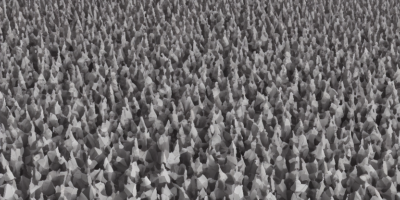- The article discusses the challenges and opportunities in the field of computational social science, which involves using digital data to understand human behavior.
Obstacles
- One major obstacle is the lack of open mobility data, making it difficult for researchers to reproduce previous studies or advance the field.
- Another challenge is the representation of digital devices as "black boxes," where it’s hard to understand how they make decisions and how they impact human behavior.
Opportunities
- The article highlights the potential of using digital data to collect large-scale, diverse, and longitudinal data on human behavior.
- Mobile-based digital tools can enable brief but repeated interactions over a longer period, providing more opportunities for self-reflection and scientific progress.
Citizen Science
- The authors emphasize the importance of involving citizens in the research process to ensure that the data collected is relevant and meaningful to them.
- By engaging citizens, researchers can gain a better understanding of how digital devices impact their daily lives and behaviors.
Data Reuse
- The article stresses the need for data reuse and reproducibility in scientific research, as it helps to advance the field and build trust in the results.
- However, it’s challenging to find open mobility data, which hinders scientific progress and reproducibility.
Conclusion
- Computational social science has enormous potential for understanding human behavior, but it faces obstacles related to data availability and representation.
- By addressing these challenges and involving citizens in the research process, we can unlock the full potential of this field and advance our knowledge of human behavior in the digital age.



